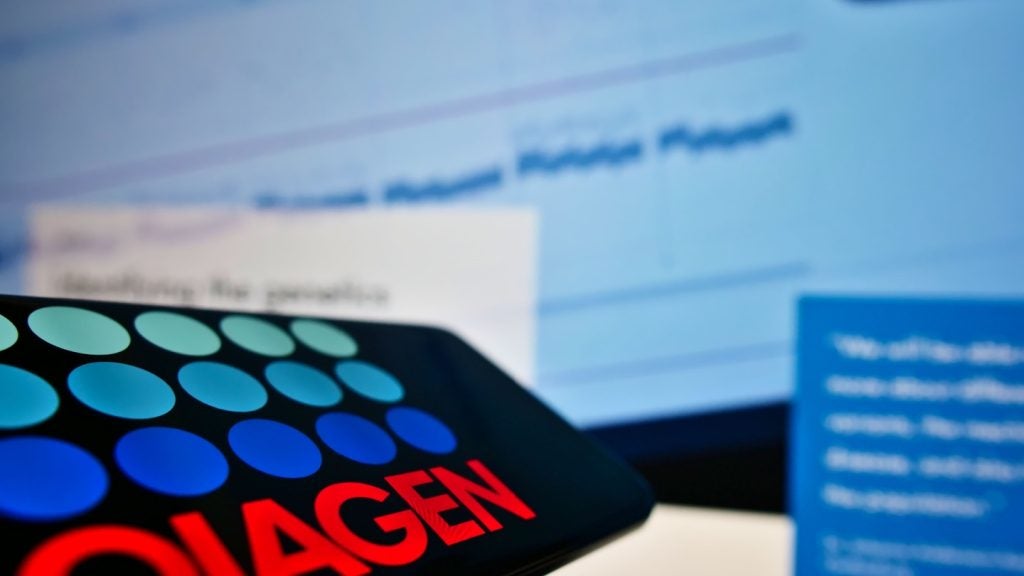QIAGEN has announced a new site in Esplugues de Llobregat, Barcelona, Spain, to shift its QIAstat-Dx system operations.
This move is part of a multi-year investment to bolster QIAstat-Dx, particularly for respiratory, gastrointestinal, and meningitis/encephalitis testing.
Set to open in early 2026, the new facility will encompass the complete value chain for the QIAstat-Dx system. Moreover, this solution is being advanced for precision medicine applications, particularly to support recent collaborations with Eli Lilly and AstraZeneca.
QIAGEN’s new site will incorporate manufacturing, research and development, sales, marketing, quality assurance, and regulatory affairs teams. It will also be a centre of excellence for microfluidics and system and assay development.
The expansion is in response to the increasing demand for rapid diagnostics and will facilitate the company’s growth in infectious diseases diagnostics and precision medicine testing.
The new 8,000m² site will have manufacturing lines, offices, clean rooms, laboratories, and logistics areas.
It will be equipped with digitalised production lines and has been designed to meet LEED Platinum Certification standards for energy efficiency and environmental responsibility.
The QIAstat-Dx system, which uses multiplex real-time PCR technology, can deliver results in about an hour and is designed for laboratory use with single-use cartridges.
It can detect and differentiate multiple genetic targets, offering insights through cycle threshold values and amplification curves.
The system has received the US Food and Drug Administration (FDA) clearance for four panels and CE-marking for two panels in the European Union (EU) and other regions.
QIAGEN CEO Thierry Bernard said: “QIAstat-Dx demonstrated its value during the Covid-19 pandemic, supporting healthcare providers with rapid syndromic testing and crucial information when time mattered most.
“Now we are building on this success by expanding the QIAstat-Dx pipeline to address a broader spectrum of healthcare needs. This means both expanding the range of pathogens for infectious disease testing as well as developing solutions for other disease areas and precision medicine applications.”
Originally developed by a Barcelona start-up, the technology was acquired by QIAGEN in 2018.
Before the announcement of this development, the company introduced two tools to advance microbial analysis, allowing researchers to customise assays and panels.









